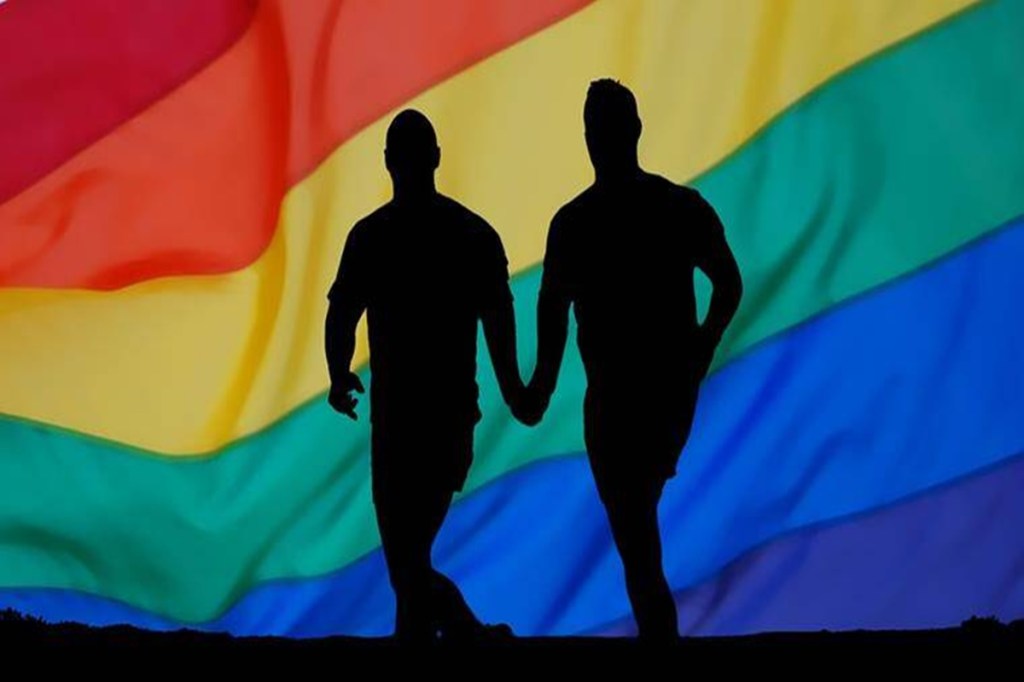Even though homosexuality was decriminalsed in 2018, the LGBTQ community’s battle for social acceptance remains a herculean task. This week, the Delhi High Court had to step in to dissolve the marriage of a homosexual woman who had been forced into this by her family; the court granted the woman protection against her family, which had earlier declared her ‘cured’ of her sexual orientation. The court stated that the woman could not be forced to stay with her marital or parental family against her wishes.
While this sets a precedence against forced marriages of LGBTQ individuals, the full realisation of their rights can only come from granting the same rights of marriage as is available to heterosexual individuals. The 2018 judgment in Navtej Johar and the Puttaswamy decision do offer cues for more rights for LGBTQ individuals as the majority opinion held that such individuals had the right to family life. But, not only has the government failed to legislate on the issue, it has actively opposed legalisation of gay marriage, including the court process, claiming that such rights will cause havoc with respect to personal laws. Legalisation of gay marriage will not just grant equal rights, but also force the conservative sections of the society to contend with change as avenues to actively discriminate against LGBTQ individuals will get eroded. Over the last few years, 25 countries have recognised LGBTQ rights, and more are contemplating this. India can follow the example of countries like France and England, where equal partner rights were granted to same-sex couples, before legalising same-sex marriage.

